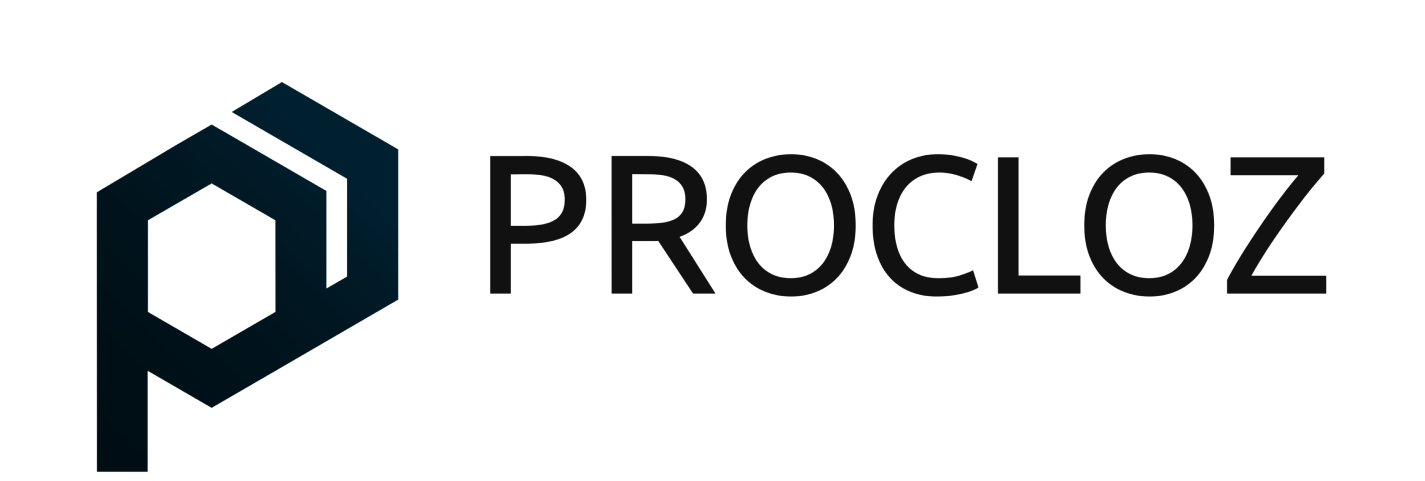It is always exciting to expand into new markets, but the real challenge comes when it’s time to hire, pay, and manage employees in other countries. Setting up local entities is expensive and can take months to fully develop, which leads many companies to a fundamental question: do you work with an Employer of Record (EOR) or a Professional Employer Organisation (PEO)?
Both models will assist you in simplifying the payroll and compliance steps, but in very different ways. Knowing how to differentiate between EOR and PEO could help determine if your expansion runs smoothly, or slow down before it even begins.
What is an Employer of Record (EOR)?
An Employer of Record (EOR) is a third-party service that essentially becomes the entity legal employer for your international employee/employees.
The EOR will take care of:
- Global payroll (salary processing, tax deductions, tax filings)
- Compliance ( involving local labour laws, contracts, tax codes)
- Employee benefits ( healthcare, pension, leave )
- Risk ( dealing with employer liability in relation to employment law)
The EOR means you do not have a local entity in place. For example, when hiring in Australia, the EOR will manage issues such as payroll taxes, superannuation rules and Fair Work compliance whilst you can continue to grow your team.
What is a Professional Employer Organisation (PEO)?
A PEO operates on a co-employment model.
You and the PEO share employer responsibilities, meaning:
The PEO administers all the HR functions involved in running a business including managing payroll, benefits and compliance obligations.
Your company has full and legal responsibilities in that country and must have an entity to register the business.
PEOs are ideal for companies that have already established an entity, but just want to outsource the HR function to reduce workload and improve efficiency.
Important Distinctions Between EOR vs PEO
1. Legal Employer
- EOR: The EOR takes on the legal employer role and manages all aspects of compliance, contracts and ongoing risk.
- PEO: You remain the legal employer, while the PEO provides support in HR functions.
2. Entity
- EOR: You do not need a local entity, which is ideal if you plan to test a new market or for a defined short term project.
- PEO: You must have a legal entity already in the country.
3. Compliance and risk
- EOR: The EOR takes on compliance completely from start to finish (labour laws, payroll taxes, benefits).
- PEO: PEO will assist with compliance, however, you still carry the legal liability.
4. For what?
- EOR: Provides full service, hiring, onboarding, global payroll solutions, benefits, compliance.
- PEO: Primarily HR administration, payroll and benefits administration, but with less than full legal responsibility
5. Flexibility / scalability
- EOR: EORs are massively scalable, you can hire in multiple countries without having to set up entities.
- PEO: PEOS offer little to no flexibility / scalability – you are tied to already established entities.
6. Cost
- EOR: EORs come with a slightly higher service fee, but take into consideration the savings on local entity setup and ongoing legal costs.
- PEO: PEOs should be cost effective if you already have an entity in the country, but can be exorbitantly expensive if you need to create an entity just to use a PEO.
When to Use an EOR
- Entering new markets without establishing entities.
- Expansion at a speed and scale hiring globally, e.g., hiring software developers across different regions.
- Short-term or project-based expansion where flexibility is key.
- Decreasing compliance risk because the EOR takes full legal responsibility.
When to Choose a PEO
- You already have a legal entity in the country.
- You are looking for HR efficiencies only, not full legal coverage.
- You want to maintain operational control while outsourcing payroll and benefits.
Why It is important
Entering a global market is complicated: tax codes, employment laws, payroll reporting and employees benefits vary by country. An EOR will remove the mess and manage everything for you so you can hire anywhere you want without the headache of establishing a local entity. A PEO is the best option when you already have a presence but need to improve your efficiency in HR and payroll related services.
The main distinctions are:
- EOR = plug-and-play global hiring solution
- PEO = global hiring solution that minimizes the inefficiency that already exists when you have an established entity
Why Procloz?
Procloz makes global employment easy, with:
- End-to-end global payroll services, all with compliance as a priority.
- Employer of Record services to help you hire anywhere, without local entities.
- Flexible global payroll solutions that can scale as you grow.
- Support from compliance experts to help avoid risk and ensure your payment cycle is accurate.
Whether you are exploring new markets or scaling across multiple countries, Procloz gives you the freedom to invest in growth, while we take care of payroll, compliance, and HR administration.
Get started with Procloz for smart, secure, and speedy global expansion.




